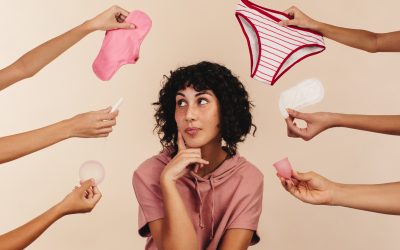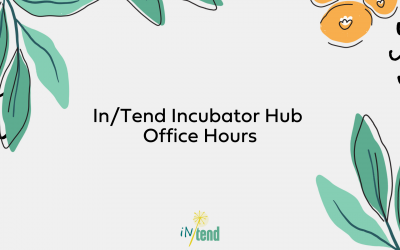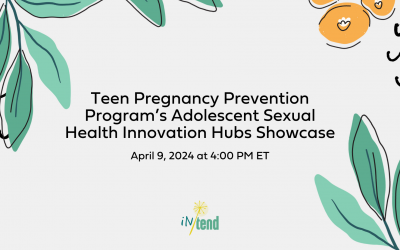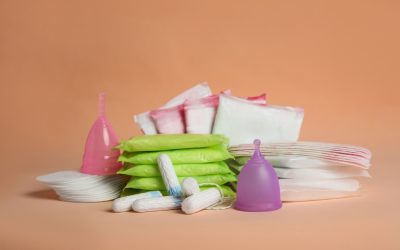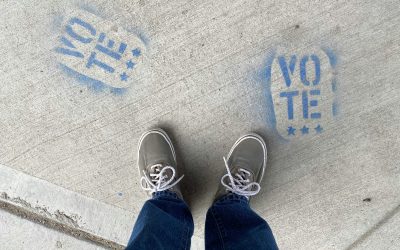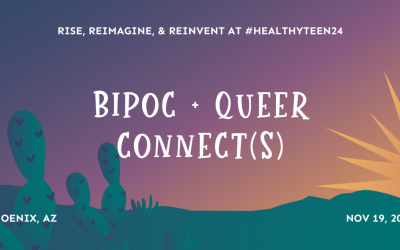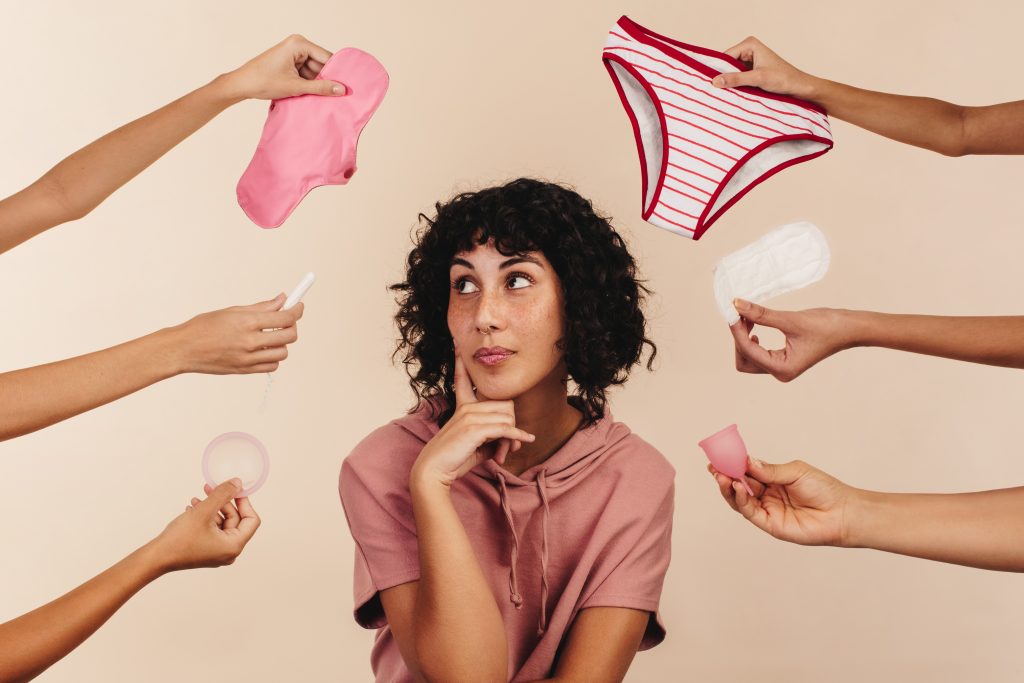
We should all be working to combat the stigma and normalize talking about menstruation in an inclusive and affirming way

By Caro Hernandez
October 3, 2024
For people who menstruate, this change can bring up all kinds of feelings, especially when you’re a young person! Questions that may come to mind are: What is happening to my body? Why am I so hungry? Why have my friends had their period, but I haven’t? There are so many products to use—which one is best?
I remember, around 5th grade, my friends and I were sitting on the floor in front of a TV that had been wheeled in, watching a video all about menstruation that, honestly, raised more questions than it answered. After the video, we were handed a pamphlet with anatomy and basic menstruation facts, like symptoms. I went home and asked my mom—who, as a nurse, could be trusted for medically accurate answers—so many questions. I left with more understanding, but I was still uneasy about when I would start my period.
Once I did start my period, my mom took me out of school and to lunch to celebrate. She made me feel proud and unashamed, which changed my uneasiness to confidence. I was surprised to discover that my mom’s period story was not at all like mine, which led me down a path of wanting to change that experience for other people who menstruate.
Fast forward a few years to my first job out of college where I was in charge of facilitating various community health topics. I felt especially passionate about incorporating menstrual health into a workshop. It was important to me to have an intergenerational conversation, so people could speak openly about their period stories and what they hoped for their teens in the room.
Part of this workshop highlighted a young person who presented their period story, along with a collection of stories from their friends that they were working on, to normalize talking about the lived experience of menstruation as a young person. We shared an array of menstrual health products, including pads, tampons, and menstrual cups, and provided free samples to the attendees. We aimed to create healing and an opportunity to combat the stigma that sometimes comes with menstruation.
Learning and teaching about all that comes with puberty can take many forms, but how can we, as youth-supporting professionals, normalize topics like menstruation?
Learning and teaching about all that comes with puberty can take many forms, but how can we, as youth-supporting professionals, normalize topics like menstruation? Is standard practice still that video and pamphlet or a long lecture-based lesson in one of our evidence-based programs? Are period products readily available for young people to ask questions about and use if they don’t have any? Are we considering the cultural implications that young people experience? Is our menstrual health education inclusive regardless of gender and sex?
I encourage you to take the time to ask yourself these questions and make menstrual health a supplementary lesson whenever possible. At times, we are charged with going beyond the curriculum and if resources are needed, Healthy Teen Network is available to support you and your organization in this dialogue.
In the meantime, here are some resources to get you started:
Caro Hernandez is a Project Coordinator in the Capacity Building Department and is fueled by the pursuit of health equity and inclusion in sexual and reproductive health. When she’s not working, you can find her spending time with her wife and their dog (Lock), binge-watching Bob’s Burgers, or traveling to see family and friends back home in Texas and Florida. Read more about Caro.

